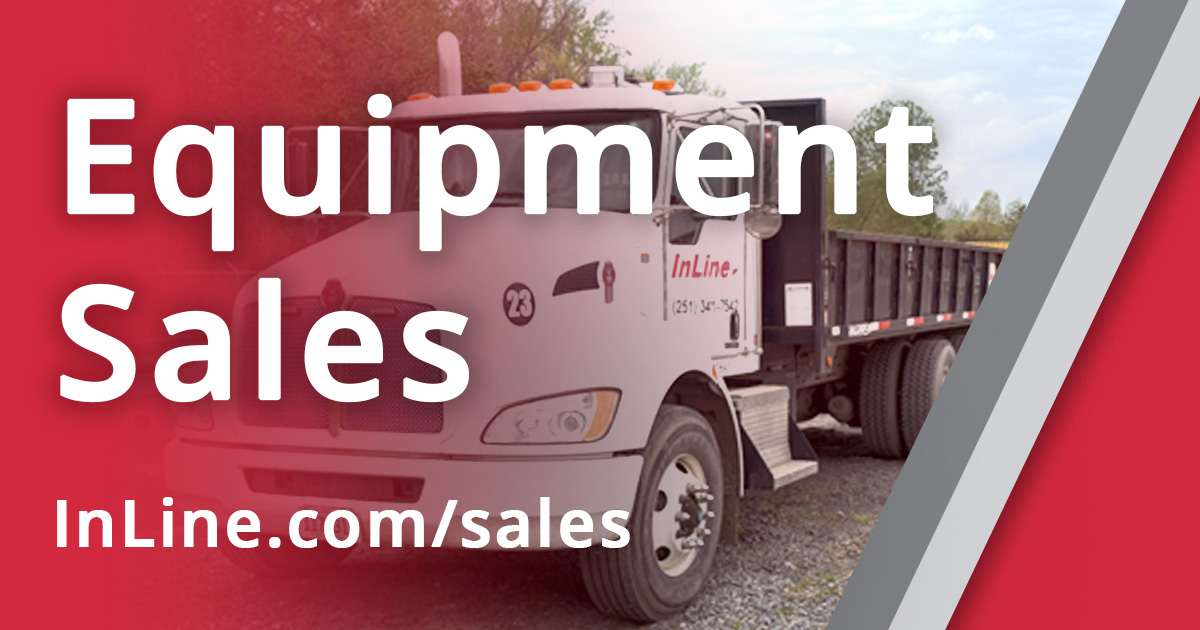The Problem
Traffic volumes have exceeded existing transportation corridor capacity. The cost and time required for the construction of new lanes is prohibitive and not practical to meet this rapidly growing demand. These increased volumes greatly reduce throughput, impacting safety.
The Solution
Intelligent Transportation Systems (ITS) provide traffic managers roadway information enabling faster incident response and traveler notification, improving the capacity of impacted corridors. ITS can be rapidly deployed across corridors within months at a fraction of the cost as opposed to years or even decades required for adding additional lanes. When properly applied as a management system, ITS increases lane capacity by providing the immediate increase of throughput. This positively impacts safety, reliability,and economic opportunity for communities and businesses across these corridors.
Many states have already accepted that they are largely on their own when it comes to financing critical infrastructure programs. This leaves many states asking, “how can we quickly and cost effectively increase capacity?”
ITS deployments have a proven record of providing benefits to the roadway user.
- In Michigan, highway segments with Dynamic Message Signs were found to have 16.6 fewer crashes than those segments without the signs.
- Total crash reduction savings from ITS deployments in Michigan are estimated at $20 million.
- With approximately 25% of all delay being the result of incidents on roadways, managing traffic incidents is a proven strategy for addressing congestion problems.
- 94% of travelers who took the action indicated by the Dynamic Message Signs in rural Missouri and drivers were very satisfied by the accuracy of the information provided.
- When travel times posted on DMS are twice as long as typical travel times, drivers begin to favor alternate routes.
%
With approximately 25% of all delay being the result of incidents on roadways, managing traffic incidents is a proven strategy for addressing congestion problems.
%
94% of travelers who took the action indicated by the Dynamic Message Signs in rural Missouri and drivers were very satisfied by the accuracy of the information provided.
The benefit-cost ratio of systems-operations measures enabled by ITS has been estimated at approximately 9 to 1, far above the addition of conventional highway capacity, which has a benefit-cost ratio of 2.7 To 1.
Alabama HQ and Offices
600 Lakeshore Parkway
Birmingham, AL 35209
Theodore - Mobile
5535 Business Parkway
Theodore, AL 36582
Arkansas Office
Little Rock
4411 John Harden Dr
Jacksonville, AR 72076
Mississippi Office
Jackson
193 Business Park Dr, Suite C
Ridgeland, MS 39157
Tennessee Office
Memphis
2650 Thousand Oaks Boulevard
Suite 1340
Memphis, TN 38118



